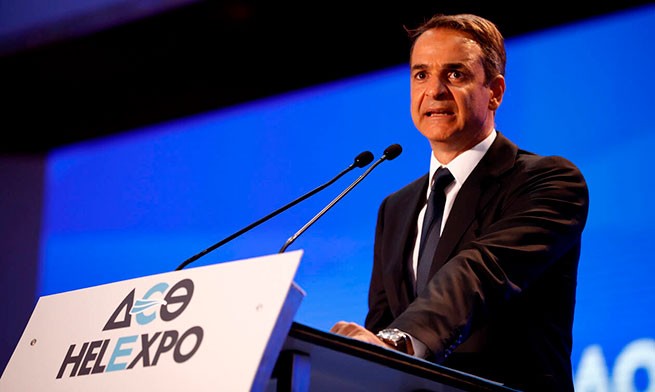An anti-discrimination directive is “maturing” in the European Parliament, the first attempt to formulate it took place 16 years ago.
Brussels then tried for the first time to create a Directive on equal treatment of all people, but… The new Pact on Migration and Asylum must be applied in the European Union in a way that does not contribute to inciting hatred and discrimination against new arrivals. This is the main, but not the only argument in favor of the speedy adoption of the Equality Directive by the new composition of the European Parliament. Swedish MP Alice Kuhnke, rapporteur on the topic, said in conversation from Euronews:
“LGBTQ people and people of Roma origin are among those who face discrimination in their daily lives. The tragic thing is that this is not a downward trend, but an upward trend. I am afraid that the migration pact and some of its parts will not help us in the fight against racism and discrimination . Rather the opposite.”
In 2008, the European Commission for the first time attempted to create a comprehensive law to combat all types of discrimination, going beyond existing labor market rules. Due to sexual orientation, race or religious beliefs, citizens face difficulties in purchasing a home, enrolling children in school, or attending leisure activities.
What do the election manifestos of the seven main political factions in the European Parliament say about this? Only socialists and leftists clearly promise to achieve the adoption of the directive. The other three moderate groups cite the need to combat all forms of discrimination, racism and exclusion.
The European Network against Racism (ENAR) has developed a commitment for member states to address the issue and has asked parliamentary candidates to sign it. She asks to extend the action plan EU to combat racism after 2025 and revise those parts of the text of the directive due to which the project was blocked. ENAR spokesperson Julie Pacoe explains:
“We see an opportunity to amend this text and, for example, adopt an updated structure, a legal framework to eradicate discrimination in all its forms. There are gaps in the current text of the Directive on equal treatment of all people. There are some things that have not been addressed, such as as a racial aspect of migration policy, a system of economic exploitation, and an anti-Muslim narrative.”
The EU Council, comprising 27 member states, did not adopt the directive. Some governments argue that it interferes with national competence and that its implementation would be too costly. However, the speaker argues that the current political landscape with the rise of the far right makes the fight against all forms of discrimination an urgent need.







More Stories
BRICS: Trump says US sanctions are undermining the dollar
Erdogan Calls for Global Muslim Alliance Against Israel
Lithuania Installs 'Dragon's Teeth' on Border with Russia (Video)